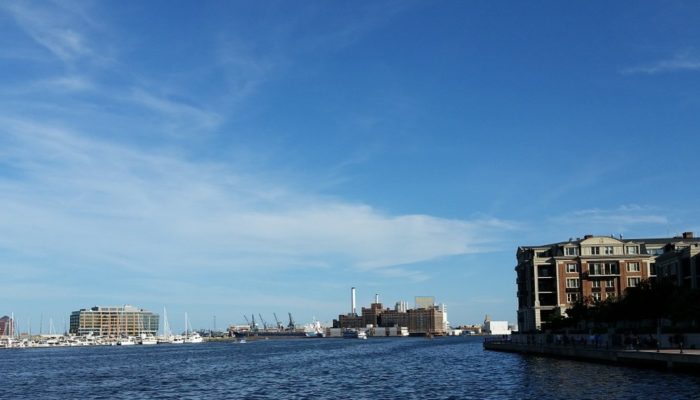
A joint meeting of the 21st William T. Pecora Memorial Remote Sensing Symposium (Pecora 21) and the 38th International Symposium on Remote Sensing of Environment (ISRSE-38) will convene in Baltimore, Maryland, USA from October 6 – 11, 2019. The combined conference will be hosted by NASA, NOAA and the USGS, with an overarching theme of “Earth Observation – Continuous Monitoring of Our Changing Planet: From Sensors to Decisions.”
Pecora 21 is the latest in a series of Symposia named after William T. Pecora, the USGS Director who helped initiate the Landsat program in the 1960s. The Pecora Symposium series was established by the USGS and NASA in the 1970s as a forum to foster the exchange of scientific information and results derived from applications of Earth observing data to a broad range of land-based resources, and to discuss ideas, policies, and strategies concerning land remote sensing. Pecora 21 will play host to a range of remote sensing experts and scientists from federal agencies, non-governmental organizations, universities and industry. The technical program will focus on both science and operational applications, emerging challenges and opportunities in working with Earth observations, and the role of partnerships in addressing scientific research, technical advancements and societal solutions. The William T. Pecora Award, presented annually to individuals or groups that make outstanding contributions toward understanding the Earth by means of remote sensing, will also be presented to the 2019 winners at a special session during the Symposium.
ISRSE convened for the first time in 1962 by the Willow Run Laboratories (later the Environmental Research Institute of Michigan (ERIM)) in Ann Arbor, Michigan, USA. ISRSE thus has the distinction of being the world’s first remote sensing conference. It is currently convened on a biennial basis by the International Centre on Remote Sensing of Environment (ICRSE) and the International Committee on Remote Sensing of the Environment (ICORSE) (a standing committee of the International Society of Photogrammetry and Remote Sensing). ISRSE is widely acknowledged to be one of the most significant gatherings of the international remote sensing community. The Symposium attracts senior staff of space agencies and international Earth observation programs, and is renowned for its application focus in developed and developing countries thereby providing a global overview of advances in Earth observation and the consequential societal benefits.
The joint hosting of these two prestigious remote sensing meetings will afford many unique opportunities for interaction and collaboration among a diverse and international community of remote sensing experts and scientists.
Please direct all questions to the Meeting Coordinator * Priscilla Weeks at (301) 941-7102 or at [email protected]